Affiliate Faculty
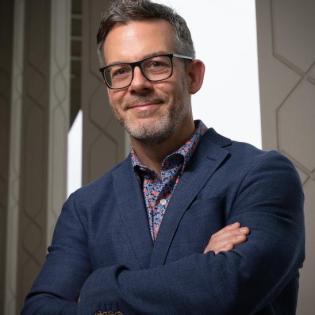
Ramalee E. Pearson Professor of Global Conflict Studies in Political Science, Harris School of Public Policy
Email: blattman@uchicago.edu | Website
Professor Blattman uses field studies, surveys, natural experiments, and field experiments to study the dynamics of poverty and participation, and to consider which development programs work and why. He is exploring new strategies to alleviate poverty and how these strategies impact violence, unrest, and other social and political behavior.
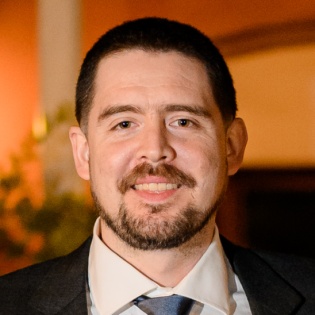
Assistant Professor, Harris School of Public Policy
Email: castilloquintana@uchicago.edu | Website
Professor studies the relationship between violent conflict, policymaking, and politics, with a methodological emphasis on formal theory. He develops and applies game-theoretic models to understand the effects of different policies on the conflict behavior of violent actors.
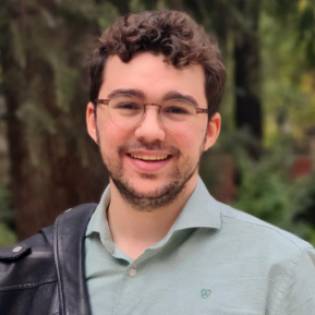
Assistant Professor, Harris School of Public Policy
Email: adelgadovega@uchicago.edu | Website
Álvaro's main interests lie in applied game theory, political economy, and organization economics. His research uses ideas from dynamic games and relational contracting to explore political economy questions. Some of the his research interests are the evolution of party systems across time, the influence of interest groups, and the organization of political parties.
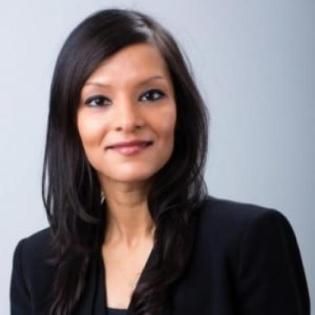
Philip K. Pearson Professor, Harris School of Public Policy
Email: odube@uchicago.edu | Website
Professor Dube’s research focuses on the political economy of development. She studies topics like the link between poverty and conflict and the role of trust and institutions in the spread of epidemics.
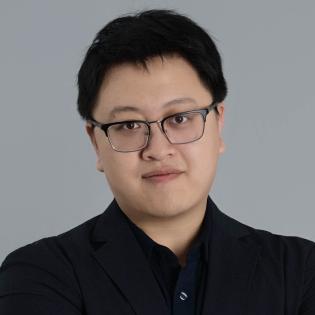
Assistant Professor, Department of Political Science
Email: luozhaotian@uchicago.edu | Website
Professor Luo specializes in developing and applying game theoretic models to explain interactions among political actors as well as the foundations and performance of political institutions. His current research centers on the role of information in politics.
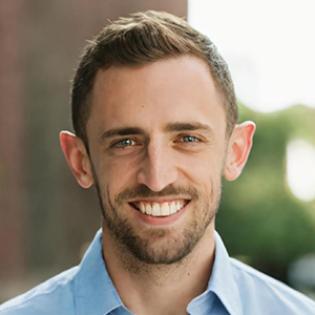
Assistant Professor, Department of Political Science
Email: imehlhaff@uchicago.edu | Website
Professor Mehlhaff investigates how citizens change their political attitudes and how mass polarization is causally related to other features of government and society. His work uses computational methods in natural language processing, machine learning, and Bayesian modeling.
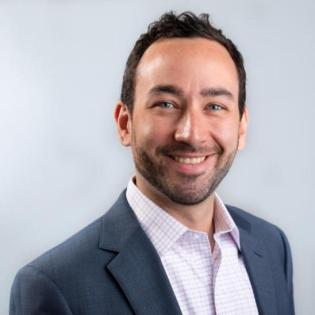
Assistant Professor, Harris School of Public Policy
Email: dmoskowitz@uchicago.edu | Website
Professor Moskowitz’s research examines how the media and electoral institutions shape the behavior of voters and elite actors, and it assesses the consequences of these institutions on accountability and political representation.
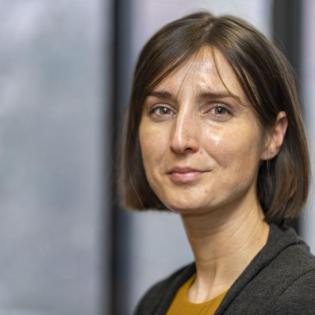
Assistant Professor, Deptartment of Political Science
Email: mollyow@uchicago.edu | Website
Professor Offer-Westort works on quantitative methodology for social science research, with a focus on causal inference and experimental design.
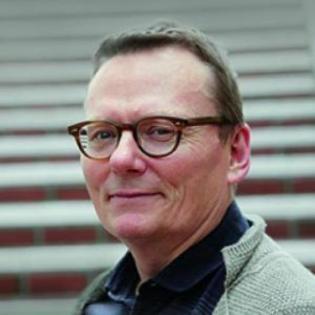
The Reverend Dr. Richard L. Pearson Professor of Global Conflict Studies, Harris School of Public Policy and Department of Political Science
Email: jamesrobinson@uchicago.edu | Website
Professor Robinson's work explores the underlying relationship between poverty and the institutions of a society and how institutions emerge out of political conflicts. He has conducted influential research in the field of political and economic development and the factors that are the root causes of conflict.
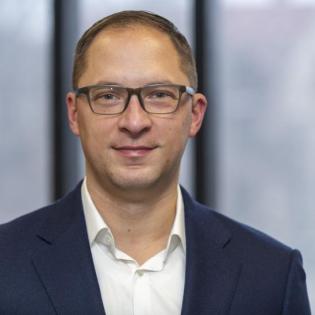
Professor, Department of Political Science
Email: jrogowski@uchicago.edu | Website
Professor Rogowski studies representation and accountability, political institutions, and American political history. His current research projects study the growth of bureaucratic institutions and the use of presidential power in the contemporary and historical periods.
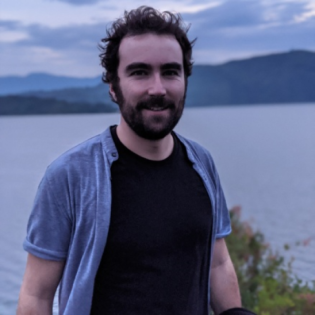
Associate Professor, Harris School of Public Policy
Email: raul@uchicago.edu | Website
Professor Sanchez de la Sierra's research agenda is in political economy, development economics, culture and economics. He studies the economics of power and of the state, and recently started using tools of moral psychology to study the exercise of power, violence, and genocidal motivations.

Assistant Professor, Harris School of Public Policy; Deputy Faculty Director, BFI-China & EPIC-China
Email: shaoda@uchicago.edu | Website
Professor Wang is an applied economist with research interests in development economics, environmental economics, and political economy, with a regional focus on China.
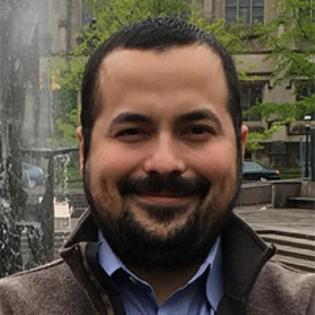
Associate Professor, Harris School of Public Policy
Email: austinlw@uchicago.edu | Website
Professor Wright’s research leverages microlevel data to study the political economy of conflict and crime in Afghanistan, Colombia, Indonesia, and Iraq.
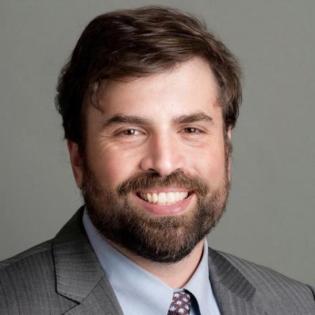
Assistant Professor, Harris School of Public Policy
Email: zelizer@uchicago.edu | Website
Professor Zelizer studies legislative politics, with a focus on causal inference. His research examines how legislators make decisions – for example, how they acquire expertise from policy research and influence one another through deliberation – and the effects of individual decision-making processes on policy outcomes.
 THE UNIVERSITY OF CHICAGO
THE UNIVERSITY OF CHICAGO

